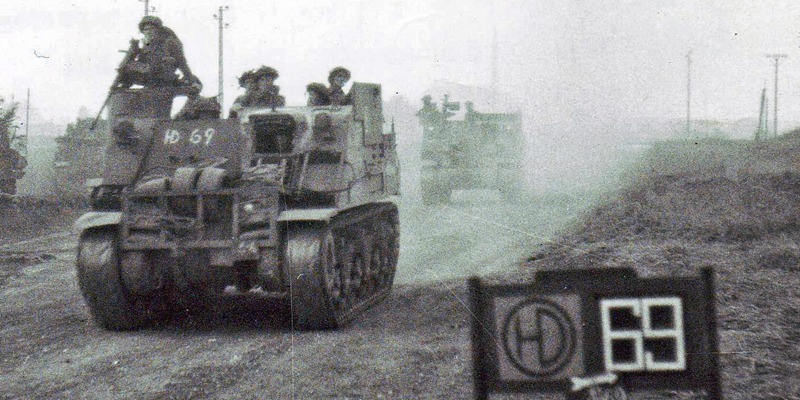The sacrifices made by legendary Scottish troops during one of the most desperate periods of the second world war will be recounted in the next of a series of winter lectures, to take place next week.
The 51st Highland Division’s Battle for France was one of the defining moments in the war and in Perth culture because of the number of locals who took part.
The 51st was left behind in France to cover the escape of the British Expeditionary Force at Dunkirk in 1940.
Their role was to slow the German advance westwards and demonstrate to conquered France that Britain would not abandon its ally.
A ferocious 10-day battle ensued at the Normandy fishing village of St Valery en Caux with overwhelmingly superior German forces led by Rommel.
Eventually pinned against the sea with poor weather ending any hope of escape and German artillery firing on them from two sides, the troops, including members of The Black Watch from Tayside, Gordon Highlanders and Seaforths, were forced to surrender on June 12.
Around 600 British troops died and the captured troops were forced to march to prisoner of war camps in Germany and Poland.
Far from decimating the 51st, the division was reformed and went on to play a major role in a key turning point in the war, El Alamein, the invasion of Sicily and the D-Day landings.
The Museum Of The Black Watch will host a lecture by Ruari Halford-MacLeod, in its winter series on Wednesday at 1.30pm, referring mainly to the memories of wireless operator George Arnott of Crieff and Tom Renouf of Musselburgh.
There is a lecture on the Indian Mutiny on February 9 and The Black Watch in Korea on March 9.
